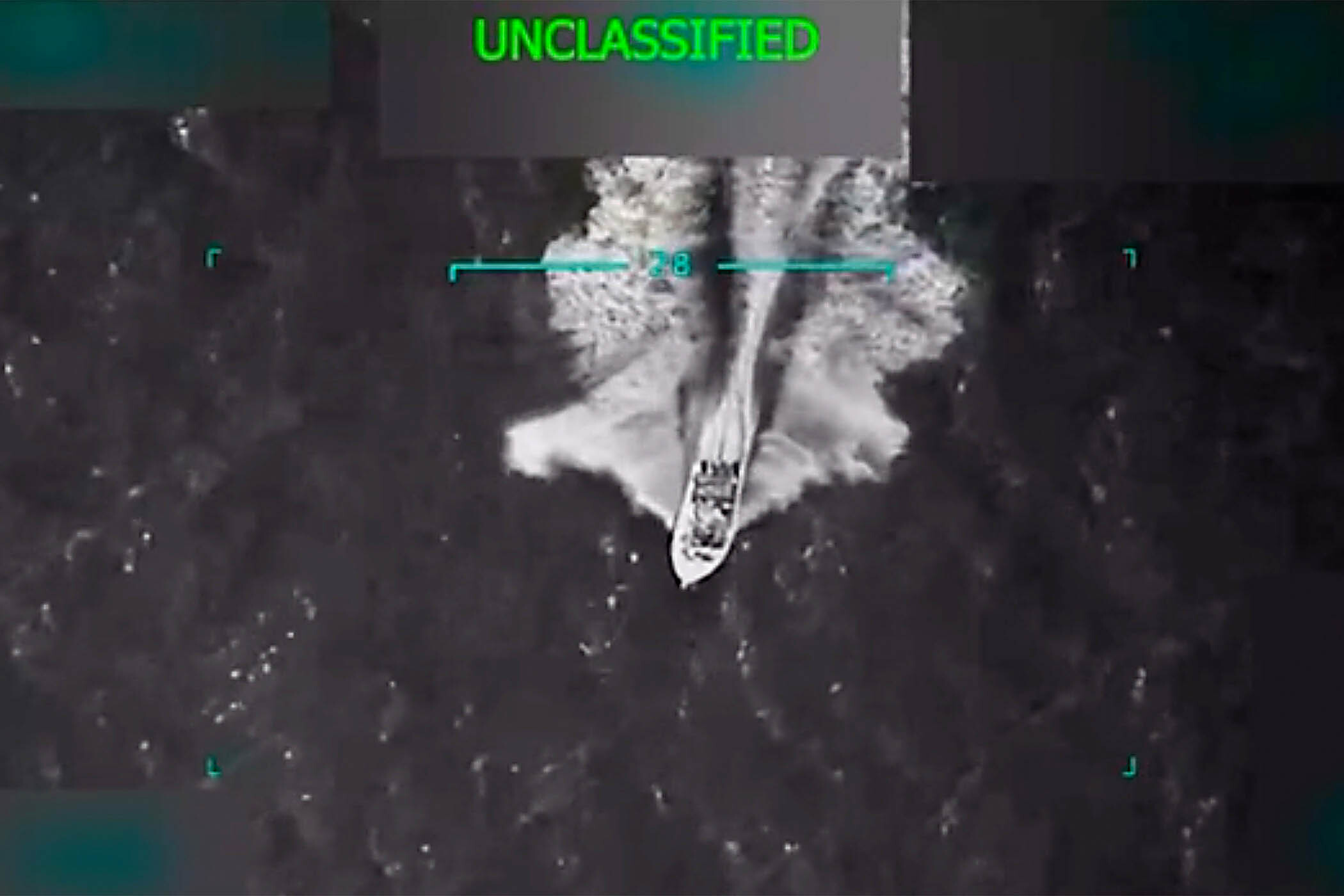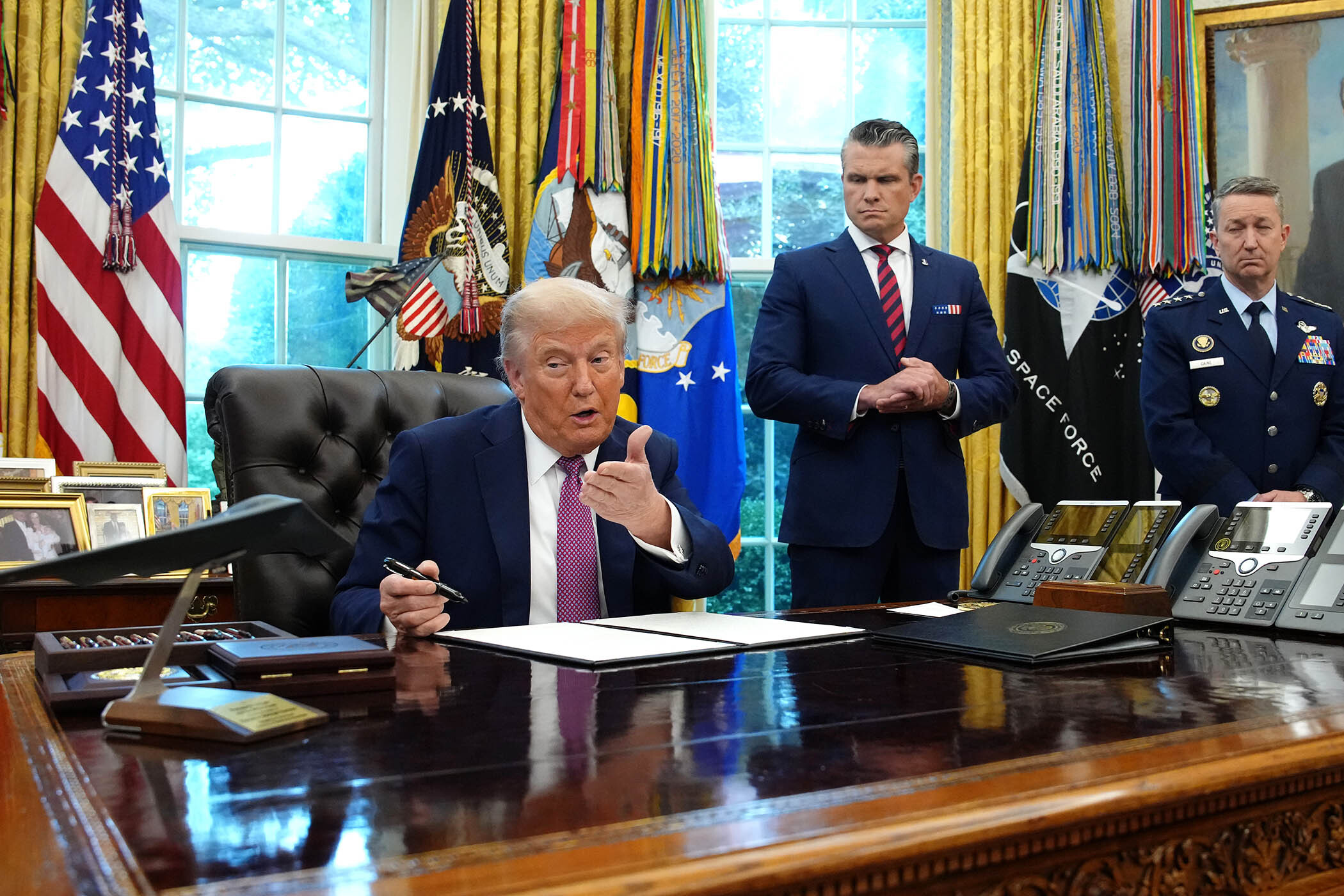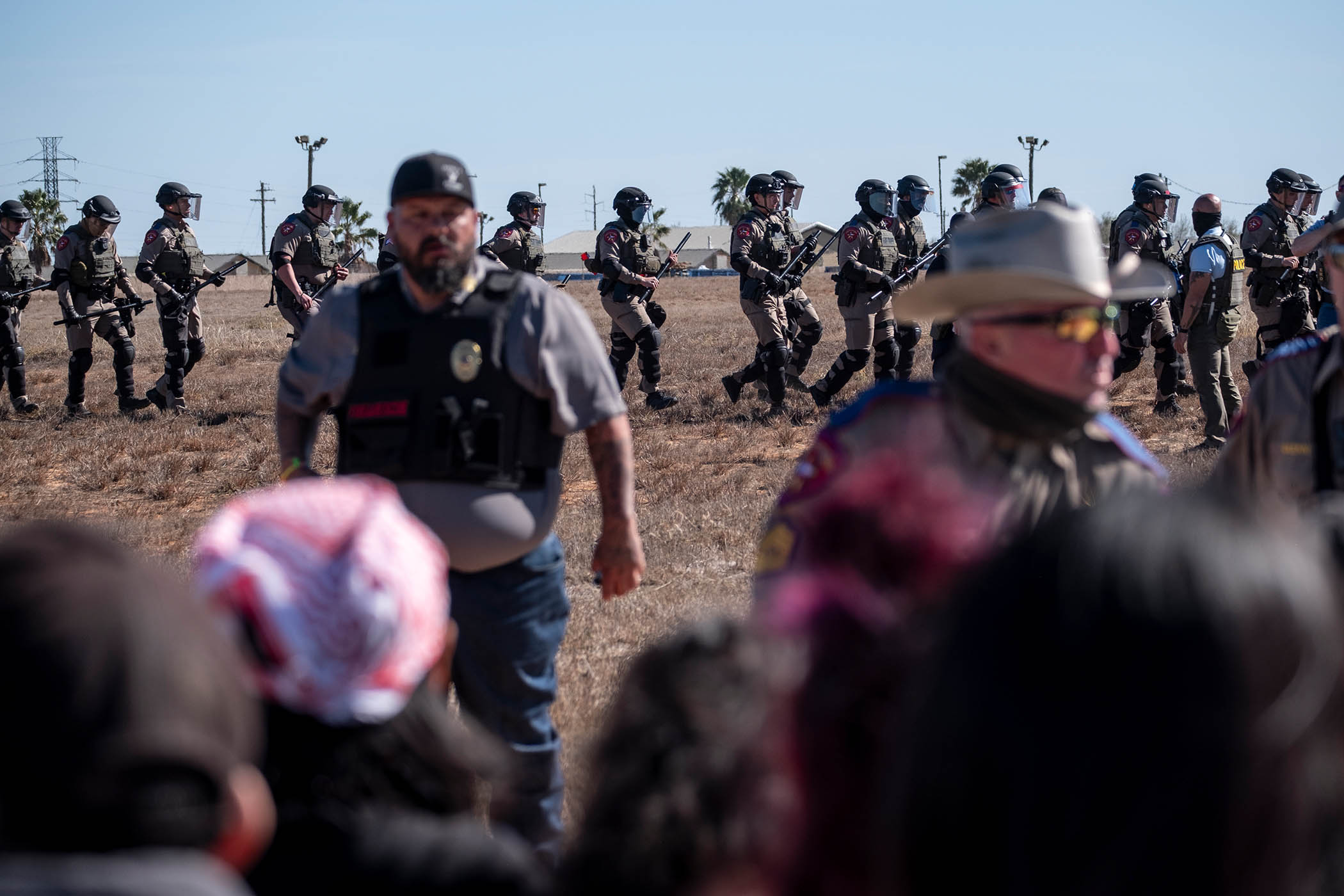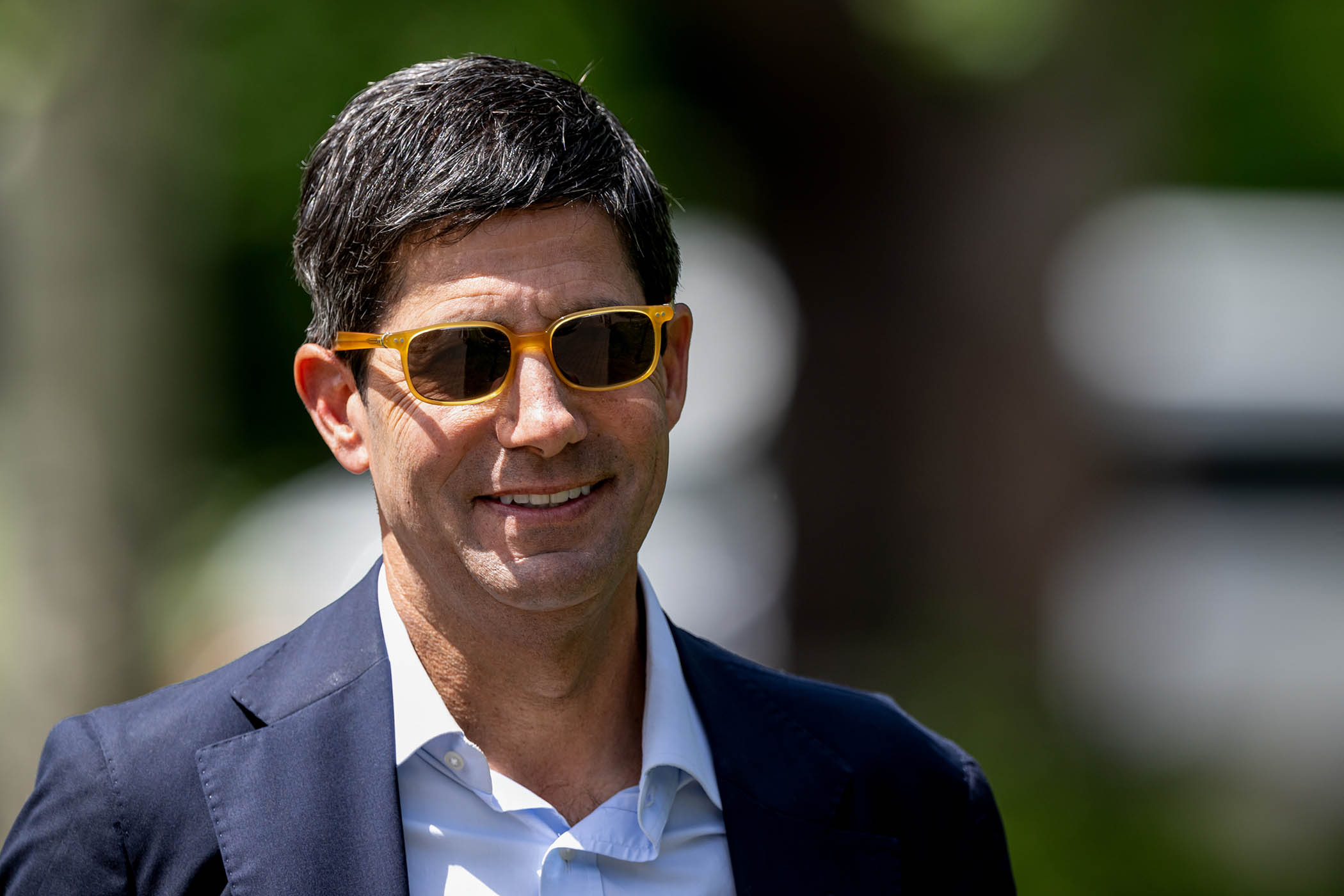Donald Trump has said that Venezuelan jets endangering American ships will be “shot down”.
So what? The threat followed force. Last week the US military killed 11 people in a strike on an alleged drug boat in the southern Caribbean. Trump says the vessel came from Venezuela. Big stick diplomacy is back and Washington has revived an old playbook in Latin America by
•
redefining drug trafficking as terrorism;
•
expanding its military footprint in the hemisphere; and
•
granting the armed forces greater licence to act and to kill.
Death at sea. A week ago Trump posted footage of a US attack against a boat he alleged was carrying members of Tren de Aragua. The White House has linked the gang to Venezuelan leader Nicolás Maduro. Pete Hegseth, the defence secretary, said the strike was “just the beginning” of what would happen if cartels continue to infiltrate the US.

Problem two. US intelligence reports indicate that the group operates independently with no coordination from the Venezuelan state or Maduro.
To note. The US doesn’t recognise Maduro as Venezuela’s president after disputed elections in 2024. Last month the Trump administration doubled the reward for information leading to his arrest to $50 million, twice what was offered for Osama bin Laden.
Old script. In Trump’s first term US prosecutors charged Maduro with running Cartel de los Soles, or the Cartel of the Suns. The name dates back to the 1990s when two brigadier generals with sun emblems on their uniforms were investigated for drug trafficking. Venezuelan historian Miguel R Tinker Salas says the cartel has become a “popular cultural myth”. The White House alleges that the group supports Tren de Aragua.
New script. In February the US designated eight Latin American crime groups, including Tren de Aragua, as “foreign terrorist” organisations. The economist and historian Edgar C Otálvora says this has turned a police mission into a “military operation” that treats traffickers as “enemies of war”. Last month the US announced it would send more than 4,000 marines and navy personnel to the waters around Latin America as part of the fight against cartels .
The response. Maduro responded to the ship strike with defiance: “We are a people of peace, but fierce warriors when our land and rights are attacked.” The Trump administration sent ten jets to the Caribbean last week after two Venezuelan fighters flew over a US destroyer. But few believe Maduro could lead a direct confrontation. Unlike Hugo Chávez who governed Venezuela between 1999 and 2013, he is thought to lack the charisma to mobilise a “people’s war”.
That said, escalation is likelier than restraint for now. The Trump administration can use Venezuela as an external enemy to blame for mass migration and the fentanyl crisis. Caracas, for its part, can draw on a wellspring of patriotism to issue veiled threats and minimise the political fallout from sanctions that haven’t yet loosened Maduro’s grip on power.
Newsletters
Choose the newsletters you want to receive
View more
For information about how The Observer protects your data, read our Privacy Policy
What’s more… all bets are off if Trump makes the unlikely choice to target drug cartels inside Venezuela. In that scenario, his denial that the US is seeking regime change may ring hollow.
Related articles:



